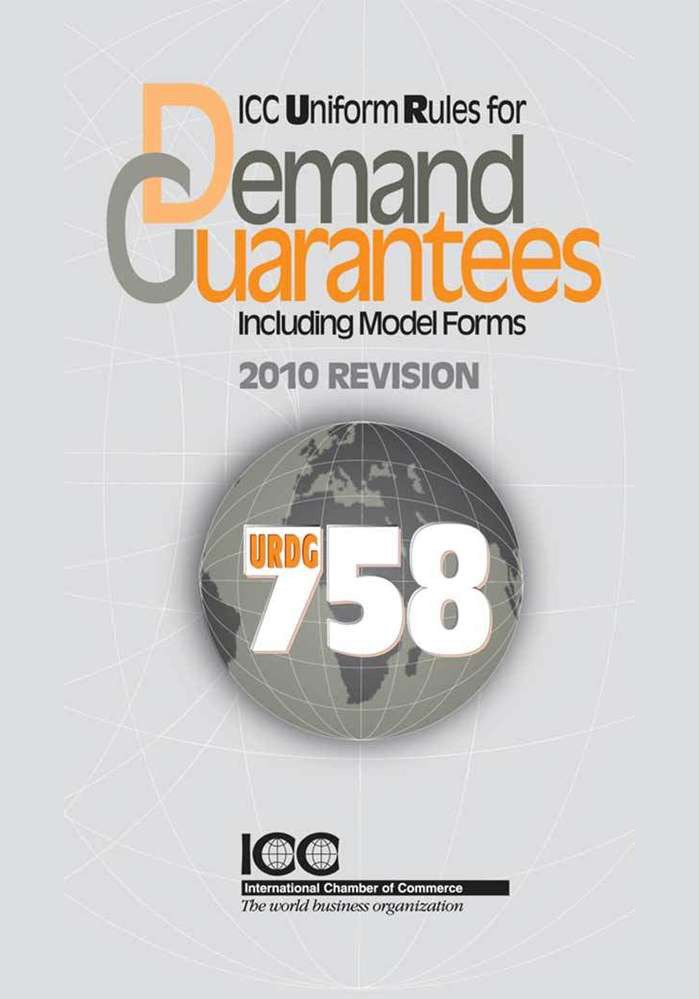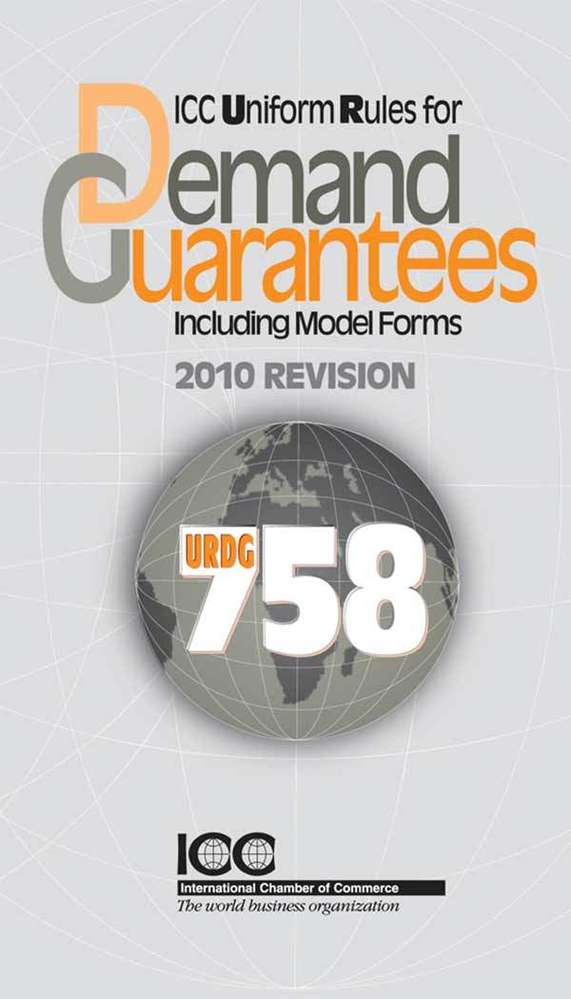Pubblicazione disponibile nella versione eBook in lingua Inglese. Leggi qui come scaricare un eBook ICC.
The ICC Uniform Rules for Demand Guarantees (URDG) reflect international standard practice in the use of demand guarantees and balance the legitimate interests of all parties. More than an update of the existing rules, the revised URDG 758 is a new set of rules for the twenty-first century that has been in effect since the 1st of July 2010.
Since their first adoption in 1991, ICC’s URDG have gained international acceptance and official recognition by bankers, traders, industry associations and international organizations including UNCITRAL, FIDIC and the World Bank. The current edition, URDG 758, was officially endorsed by the UN Commission on International Trade Law (UNCITRAL) in 2011.
The most significant changes in this edition are :
- New definitions and interpretation rules for greater clarity and precision;
- The treatment of non-documentary conditions, incomplete presentations, and many other contentious practices;
- A comprehensive coverage of advice of guarantees, amendments, electronic documents, transfers and more;
- A provision on force majeure that triggers an extension of a guarantee for thirty calendar days;
- The replacement of “reasonable time” with fixed periods for the examination of demands, the extension of guarantees and the suspension of payments.
PLUS – URDG 758 contains :
- A clear layout of the examination process for demands;
- A step-by-step roadmap for handling extend or pay demands;
- A checklist of drafting recommendations;
- Ready-to-use model forms.
ICC Uniform Rules for Demand Guarantees URDG including Model Forms | ENG
€19,00
Pubblicazione disponibile nella versione eBook in lingua Inglese. Leggi qui come scaricare un eBook ICC.
The ICC Uniform Rules for Demand Guarantees (URDG) reflect international standard practice in the use of demand guarantees and balance the legitimate interests of all parties. More than an update of the existing rules, the revised URDG 758 is a new set of rules for the twenty-first century that has been in effect since the 1st of July 2010.

